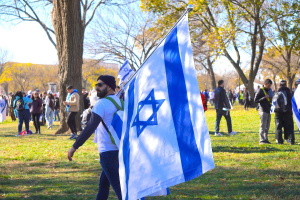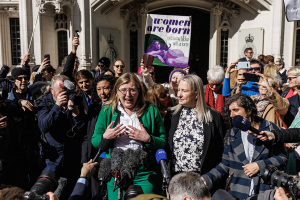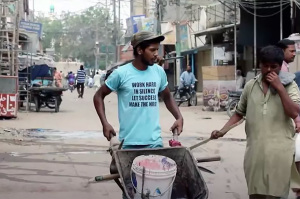UMC elects third openly gay bishop; first since UMC changed rules
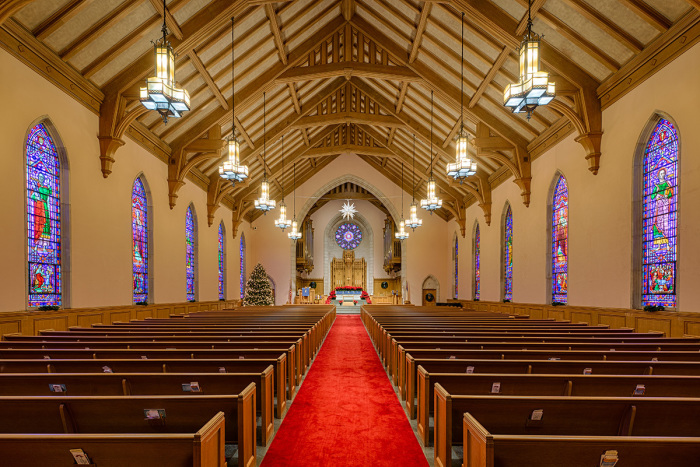
A regional body of The United Methodist Church has its third openly gay bishop, the first since the mainline Protestant denomination changed its rules to allow noncelibate homosexuals to be ordained.
The Rev. Kristin Stoneking, a United Methodist studies professor at the Pacific School of Religion, was elected a bishop by the UMC Western Jurisdiction at their meeting held last week in Spokane, Washington.
Stoneking was elected on the 11th ballot, receiving 65 votes out of 94 valid ballots cast. For that ballot, she needed to receive at least 63 votes, according to UM News. Her term of service begins on Sept. 1.
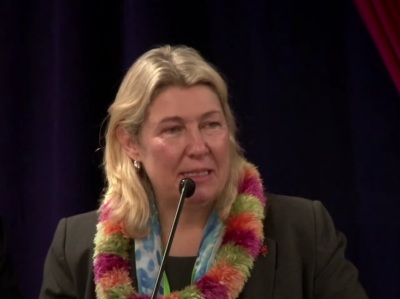
An emotional Stoneking addressed the regional body shorty after being elected, stating that saints were “ordinary people” who “love without limits,” echoing the theme of the gathering.
“Western Jurisdiction, you love. You love big,” she said. “We know that there are saints who continue to walk among us and I’m only here because of the saints who have poured love into me. The love that flows through each of you, the love that has been offered.”
“I’m so humbled at this time, at this incredibly momentous opportune time for us as a denomination to lean in to all of the doors that are opening. May we all be humble learners. I commit to you to be a humble learner.”
Stoneking is the third person in a same-sex marriage to be elected bishop by the Western Jurisdiction, as the regional body had previously elected Bishop Karen Oliveto in 2016 and Bishop Cedrick Bridgeforth in 2022, both in defiance of the denomination’s rules prohibiting the ordination of noncelibate gay clergy.
Although Oliveto’s election was declared invalid by The United Methodist Judicial Council, the denomination’s highest court, in 2017, Oliveto remained in her position.
Additionally, a UMC pastor filed a complaint against the election of Bridgeforth shortly after he became a bishop, arguing that it undermined “all United Methodist clergy who uphold the highest ideals of the Christian life” and said it “sends a confusing message about the meaning of marriage to the community and potential parishioners.”
Earlier this year, at the UMC General Conference, delegates voted overwhelmingly to remove from the Book of Discipline rules that prohibited the ordination of noncelibate homosexuals, the blessing of same-sex unions, and the funding of LGBT advocacy groups.
This came after more than 7,000 mostly conservative congregations had left the denomination over the ongoing debate over LGBT issues, as well as the refusal of many progressive UMC leaders to enforce the rules.
Despite the UMC dropping the requirements, many churches and regional bodies within the global denomination continue to refuse to ordain openly gay clergy or allow pastors to officiate same-sex unions.
For example, last month, the UMC Liberia Annual Conference stated that it will not change its rules on the issues, noting that it “is traditional in its interpretation of Holy Scripture and will continue its evangelistic outreach to all persons who live in darkness and do not know the redemptive grace of our Lord, Jesus Christ.”



















